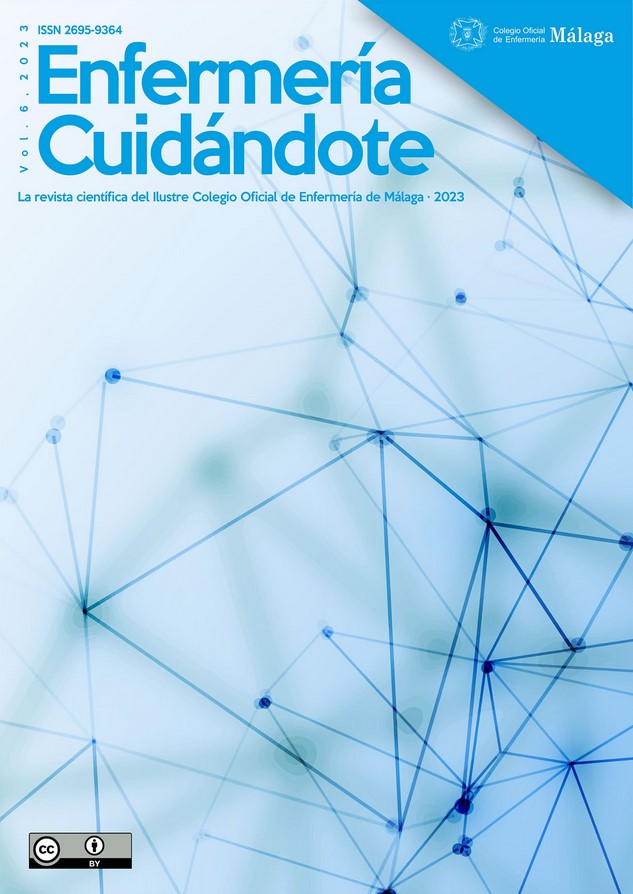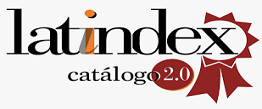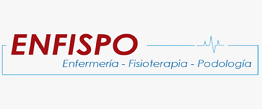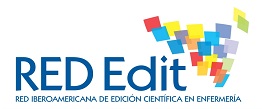Effectiveness of accredited training courses by Nursing Colleges of Malaga during 2022
DOI:
https://doi.org/10.51326/ec.6.7353229Keywords:
Accreditation, Courses, Continuing Education, Effectiveness of Training Activities, NursingAbstract
Today no one doubts the need for quality professional training to achieve individual professional progress in each profession. In Nursing, updating knowledge in considered essential in the science of care. One of the best indicators of the quality of the training offer in health professions is to achieve the accreditation of a responsible agency. Another indicator may be to demonstrate the effectiveness of such training. The objective of this work is precisely that, to evaluate the effectiveness of the accredited training of the Training Department of the College of Nursing of Malaga in the year 2022, by analyzing the scores of the pre and post course tests. With this objective, we designed a pretest-posttest study, in which participated all the students involved in the accredited training activities developed by our organization from January to December 2022 participated. During the study period, 11 courses were accredited, with a total of 246 attendees. These were mostly women (213 vs 33). The effectiveness of the training activity showed an increase in the scores of the previous and final tests of 1.79 points (p<0.05). In this scenario, with a majority of accredited courses that were online or in the B Learning modality, a significant increase in final evaluations has been achieved. As a line for the future, we plan to study the effectiveness of the different didactic methodologies used in training activities.
Downloads
References
Marqués Andrés S. Formación continuada: herramienta para la capacitación. Enferm Glob. 2011;10(1). https://doi.org/10.6018/eglobal.10.1.115911
Harden K, Price D, Duffy E, Galunas L, Rodgers C. Palliative Care: Improving nursing knowledge, attitudes, and behaviors. Clin J Oncol Nurs. 2017;21(5):E232-E238. https://doi.org/10.1188/17.cjon.e232-e238
Vázquez Guillamet B, Guillamet Lloveras A, Martínez Estalella G, Pérez Ramírez F. Innovaciones en los métodos de formación continuada/permanente de las enfermeras de cuidados intensivos. Enferm Intensiva. 2014;25(2):65-71. https://doi.org/10.1016/j.enfi.2013.11.002
Barbera Ortega MC, Cecagno D, Seva Llor AM, Siqueira HCH, Montesinos MJ, Soler LM. Formación académica del profesional de enfermería y su adecuación al puesto de trabajo. Rev Latino-Am Enfermagem. 2015;23:404-10. https://doi.org/10.1590/0104-1169.0432.2569
Pearson A, Lasching H, Porritt K, Jordan Z, Long L. Comprehensive systematic review of evidence on developing and sustaining nursing leadership that fosters a healthy work environment in healthcare. Int J Evid Based Healthc. 2007; 5(2):208-53. https://doi.org/10.1111/j.1479-6988.2007.00065.x
Sáiz-Manzanares MC, Escolar-Llamazares MC, Arnaiz González Á. Effectiveness of blended learning in nursing education. Int J Environ Res Public Health. 2020;17(5):1589. https://doi.org/10.3390/ijerph17051589
Ley de ordenación de las profesiones sanitarias. Boletín Oficial del Estado, nº280 (22-11-2003). Disponible en: https://www.boe.es/buscar/act.php?id=BOE-A-2003-21340
Yáñez MR, Ávila JA, Bermúdez MI, De Miguel I, Bellver V, Guilabert M, et al. Estudio Delphi para identificar las competencias en gestión del directivo de enfermería. Rev Calid Asist. 2016;31(2):113-21. https://doi.org/10.1016/j.cali.2015.08.005
Giraldo Marín MH. Diseño de una propuesta de formación pedagógica, didáctica y TIC, para el profesorado de la Facultad de Ciencias Matemáticas y Físicas, modalidad E-Learning y/o Blended-Learning [Tesis]. Guayaquil: Universidad de Guayaquil; 2021. Disponible en: http://repositorio.ug.edu.ec/bitstream/redug/52647/1/B-CISC-PTG-1898-2021%20Giraldo%20Mar%C3%ADn%20Mc%20Hamer.pdf [Consultado 19-05-2023]
Romero Ruiz A. Influencia de la pandemia por COVID-19 en el rendimiento académico de alumnos de segundo curso de enfermería. Enferm Docente 2023; 117:28-35. Disponible en: https://www.huvv.es/sites/default/files/revistas/117-07-AO-Influencia%20de%20la%20pandemia%20por%20COVID-19%20en%20el%20rendimiento%20acad%C3%A9mico%20de%20alumnos%20de%20segundo%20curso%20de%20enfermer%C3%ADa.pdf [Consultado 20-05-2023]
Regmi K, Jones L. A systematic review of the factors–enablers and barriers–affecting e-learning in health sciences education. BMC medical education. 2020 Dec;20(1):1-8. https://doi.org/10.1186/s12909-020-02007-6
Du, L., Zhao, L., Xu, T., Wang, Y., Zu, W., Huang, X.,et al. Blended learning vs traditional teaching: The potential of a novel teaching strategy in nursing education-a systematic review and meta-analysis. Nurse Education in Practice. 2022;63:103354. https://doi.org/10.1016/j.nepr.2022.103354
Álvarez ÁL, Espejo TV, Köllmer LL, Menor CG, Rodríguez RL, Zarataín GF. Efectividad de un programa de capacitación en cuidados integrales para la prevención secundaria cardiovascular en enfermeras de atención primaria. Enferm Clin. 2021;31(5):303-12. https://doi.org/10.1016/j.enfcli.2020.10.031




















